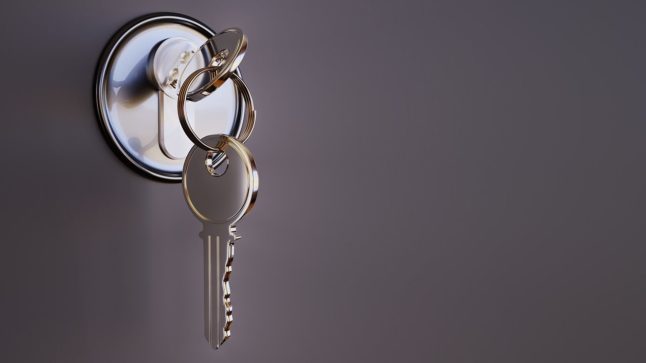The case, widely reported in the Swiss media, concerns a Ukrainian doctor, Serhiy Ivanytskyy, who had to close his practice in Thurgau because of his inability to take professional exams in English.
With the closure of his practice in the town of Amriswil, hundreds of patients that Ivanytskyy has been treating since 2015 must now look for a new GP, at a time when Switzerland is experiencing a shortage of family physicians, and existing practices no longer accept new patients.
READ ALSO: Why Switzerland faces dire problem of doctor shortages
This brings up an important question:
Are Swiss doctors required to speak English?
Most physicians working in Switzerland have some level of English proficiency, ranging from basic to fluent (the reason for this is explained below).
However, the only official requirement set by both the Federal Office of Public Health (FOPH) and Swiss Medical Association (FMH) is that doctors practicing in Switzerland must speak the language of the canton in which they work.
For foreign doctors, this means their proficiency in the regional language must be at a B2 level — ‘upper intermediate’ — as defined by the Common European Framework of Reference (CEFR).
(Ivanytskyy met this condition, as he spoke fluent German).
Nowhere in the official requirements list, however, is there any mention of the obligation to be proficient in English in order to be able to practice medicine in Switzerland.
Why, then, was this doctor forced to call it quits?
A careful reading of this case shows that his lack of English had no effect on his medical practice as such — that is, on his ability to treat, and communicate with, his patients. At least, not directly.
The canton of Thurgau withdrew his authorisation to practice, because he failed to pass a federally recognised continuing education title, and these exams, which are Europe-wide, can only be taken in English.
Monika Brodmann Maeder, president of the Swiss Institute for Postgraduate and Continuing Medical Education (ISFM), confirmed that written exams for certain specialisations are only available in English.
That’s because “the disciplinary societies which organise the exams increasingly tend to use European knowledge tests written in English,” she said.
Some cantons, including Thurgau where Ivanytskyy practiced, find this fact “incomprehensible.”
“But it is the medical association that demands this,” a spokesperson for Thurgau’s Health Department said.
Brodmann Maeder explained the test is in English because it ensures, and complies with, “an international standard.”
READ ALSO: What you should know about finding a doctor in Switzerland



 Please whitelist us to continue reading.
Please whitelist us to continue reading.
Member comments